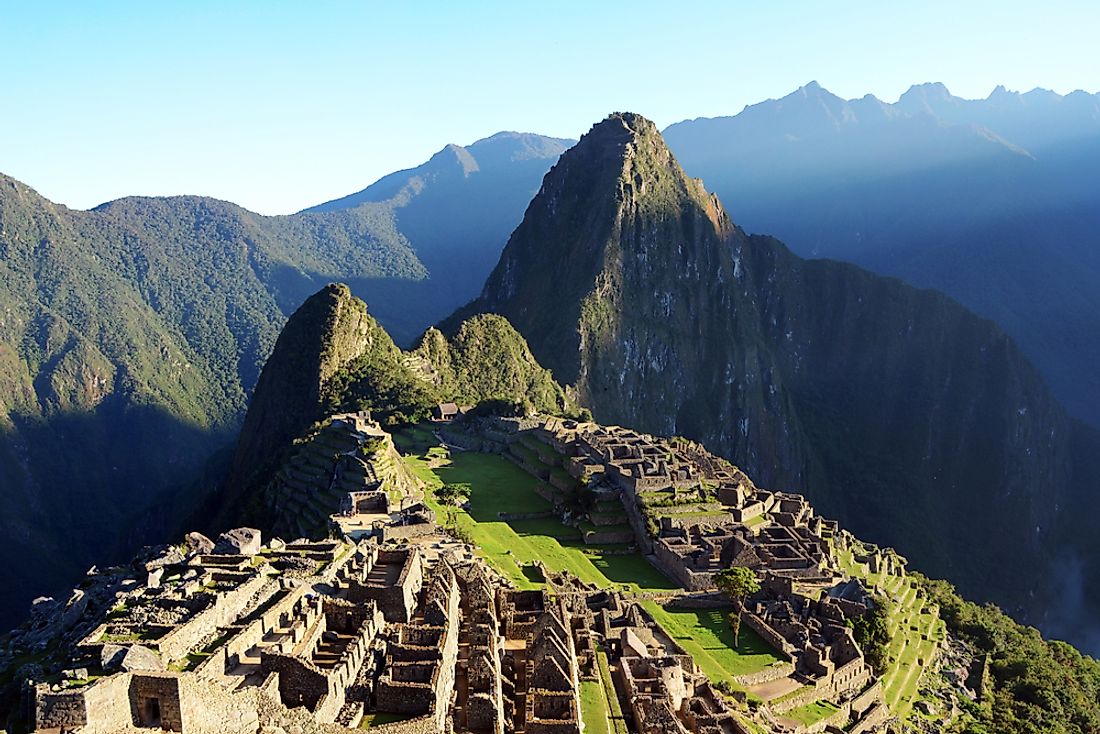How Did Brazil Get Its Name?

History Of The Name Of Brazil
Brazil, a South American country, has not always been known by its current name. Historians are not clear what the region was referred to prior to the arrival of Europeans. During this pre colonial era, the numerous indigenous groups could have used a number of names to refer to the region. Portuguese explorers became the first Europeans to land along the coast of present-day Brazil in 1500 AD. The first recorded name of this territory was found in letters sent from the ship captain to Portugal. In these letters, the captain refers to the area as Ilha de Vera Cruz. Ilha means island.
Once the captain left shore to return to Portugal, historians believe that he realized the area was not an island, but rather a large land mass. It was at this time, that he changed the name to Terra de Santa Cruz. Terra means land. When the ship finally returned to Portugal, the media referred to this land, which was previously unknown to Europe, as Terra di Papaga. This third name referred to the abundance of parrots the explorers had noticed during their stay.
In 1501, a new exploration team returned to the coast of Brazil. One of the most famous crew members was Amerigo Vespucci, who later wrote a statement claiming that the area was a New World. His original letters were copied and published in a variety of texts. One of these texts contained a map of the New World, which has present-day Brazil labeled as America.
How Brazil Got Its Name?
The first decade after Portuguese discovery of this land was spent developing the brazilwood trade. This tree was valuable to explorers and colonists due to its bright red color, which could be used as a dye. This red dye was much cheaper to obtain than other red dyes, which originally came from India. In fact, harvesting brazilwood became the main commercial activity in this new land.
In 1502, a cartographer created a more detailed map of the area and named one of the rivers Rio D Brasil. Located near Porto Seguro, this area is believed to have been home to a heavy concentration of brazilwood, hence the name given to the river. From this moment, the name was continually repeated. It was republished in several maps and over time, came to be used for the land itself. The first reference of the land as Brazil dates back to between 1506 and 1509 when an explorer referred to the area as Terra do Brasil (land of the Brazil). In 1516, the King of Portugal delegated a Governor of the Parts of Brazil, making this the first official designation of the country’s name.
Other Theories About Brazil’s Name
Most historians agree that Brazil got its name from its 16th-century brazilwood industry. Others, however, suggest several different theories for the origin of its name. Some individuals believe the name comes from the Brazil nut tree, which is native to a number of countries, including Venezuela, Brazil, Bolivia, Peru, and Colombia. Only English, however, refers to these nuts as Brazil nuts. In other countries, its name translates to “almond” or “nuts from Pará”.
Another theory relates to the Irish legend of an island that is covered with fog and can only be seen once every 7 years. Some individuals claim that the first Portuguese ship captain to find Brazil believed he had found this legendary island.







